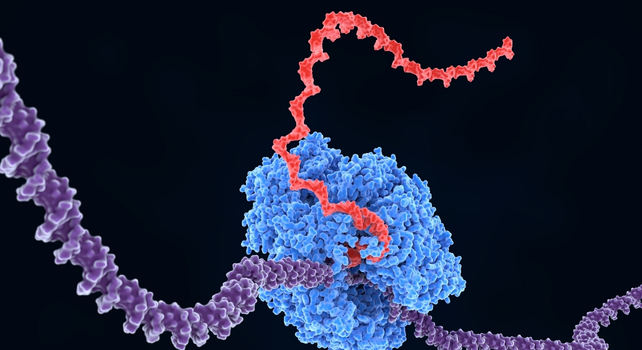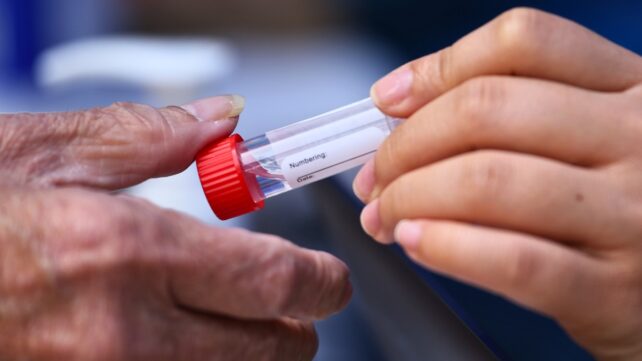Heart failure doesn't always mean game over, but it needs to be detected early. A new screening technique raises a red flag with just a simple saliva test.
This serious condition is different from cardiac arrest, when the heart stops entirely. Heart failure occurs when the heart is too weak to pump blood around the body at a suitable rate, starving tissues of oxygen and failing to remove waste before it can cause harm.
While there is no cure, remission is possible with treatment. Since early symptoms are often subtle and can be mistaken for other conditions, however, patients are often only diagnosed when heart failure becomes advanced. This delay is exacerbated by inaccessible, expensive, and invasive screening.
Related: Huge Study Links 99% of Heart Attacks And Strokes With Four Risk Factors
That's where a little protein called S100A7 comes in. Among patients with acute heart failure, levels of this protein are significantly increased – nearly twice as much as in healthy people.
This difference can be detected quite reliably in a sample of spit using a newly developed messenger RNA (mRNA) test.

Analyzing samples from 30 patients with heart failure, the saliva test matched standard medical assays for measuring protein levels about 81 percent of the time.
When compared to samples from six healthy volunteers, the saliva test identified patients with heart failure more accurately (82 percent of the time) than the standard tests (52 percent) based on differences in S100A7 protein levels.
It will need to be tested in a much wider group of people before it can be rolled out to the public.
"This work contributes to the development of personalized healthcare by aiding people to detect signs and symptoms before the onset of a condition and to easily monitor its progression," says synthetic biology graduate student Roxane Mutschler from Queensland University of Technology in Australia.
The research was published in Biosensors and Bioelectronics: X.

